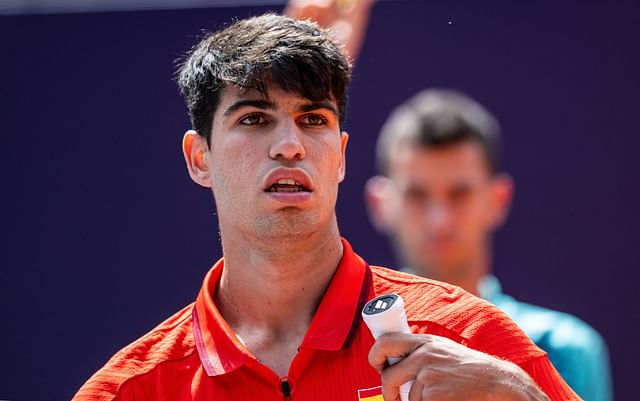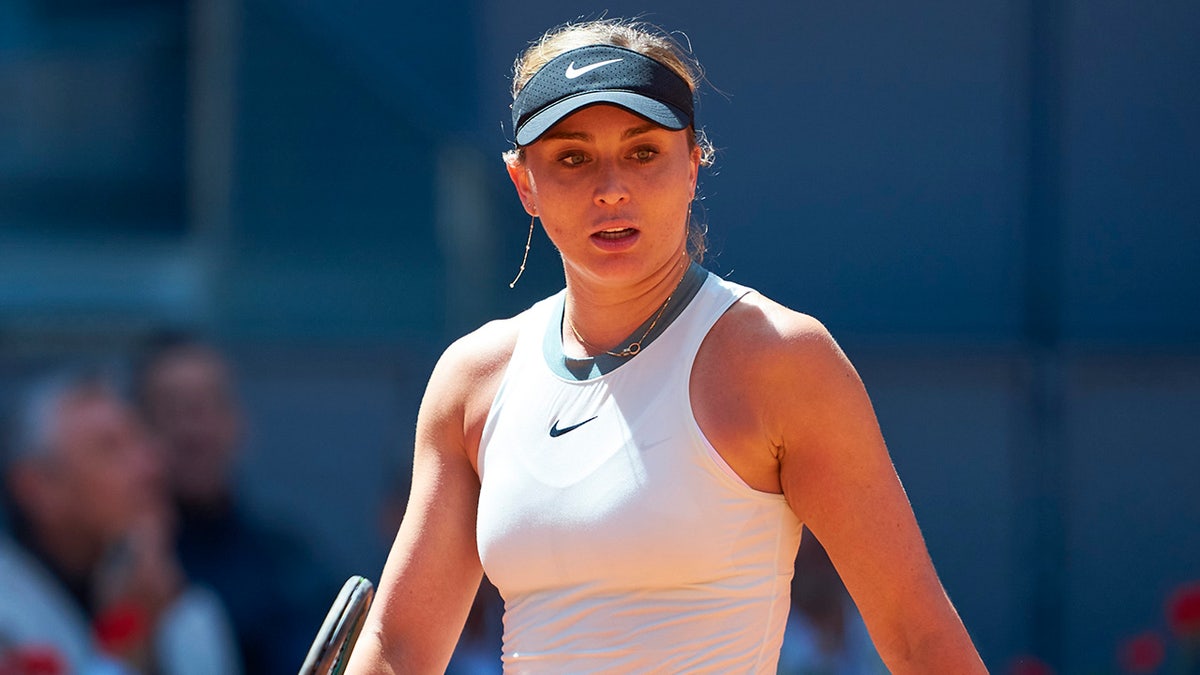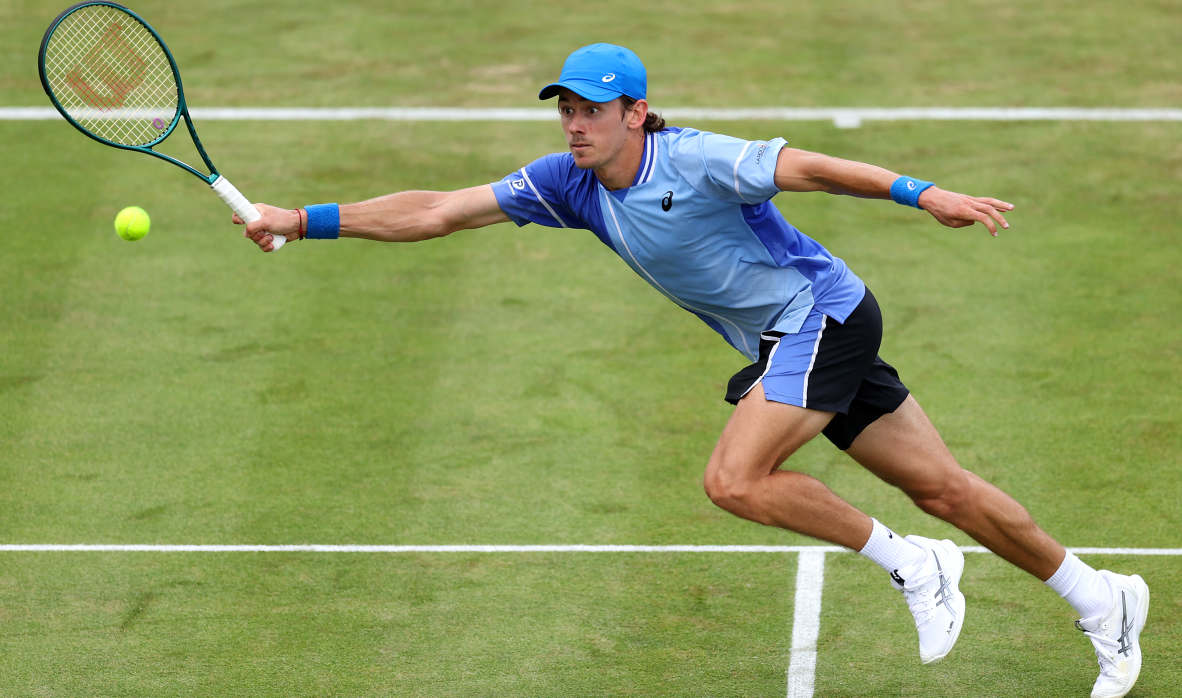In a recent press conference, Spanish tennis star Carlos Alcaraz addressed the backlash he faced following his remarks about the demanding nature of the ATP tour schedule. The young prodigy, who recently secured his spot as one of the top players in the world, expressed concern over the physical toll that a packed calendar can take on athletes, particularly younger players.
Alcaraz’s comments were sparked after a grueling series of matches that included a deep run in multiple tournaments He described the tour’s scheduling as tight, indicating that the frequency of events could lead to burnout, injuries, and diminished performance. His candid reflection, however, drew criticism from various corners, with some veteran players and analysts arguing that professional athletes should be prepared to handle the rigors of the sport.In response to the critics, Alcaraz remained resolute. I stand by what I said,” he asserted. The tennis calendar is challenging, and it’s essential to address these issues. As young players, we want to compete at our highest level, but the reality is that the body and mind have limits. He emphasized that while competition is vital for growth, there must be a balance to ensure athletes can perform consistently over the season.

Alcaraz further elaborated on the need for discussions around player welfare. We need to find ways to make the schedule more sustainable. It’s not just about the matches, it’s about recovery and mental health too. If we don’t take care of ourselves, it will reflect in our performances, he added.His comments come at a time when many young athletes in various sports have begun advocating for better conditions and support systems. Alcaraz highlighted that he hopes his voice contributes to a broader conversation within the tennis community.
It’s important for us, as players, to advocate for changes that can benefit everyone, not just ourselves, he said.The debate around the ATP schedule isn’t new. Players have long voiced concerns about the physical demands of traveling and competing extensively. This season has seen a surge in discussions regarding mental health and the need for adequate rest periods, especially after high-profile incidents involving athletes stepping back from competition to prioritize their well-being.
As a rising star, Alcaraz has quickly become a role model for many aspiring tennis players. His willingness to speak openly about the pressures of professional sports is seen as a refreshing change in a culture that often prioritizes performance over health.
I want young players to know that it’s okay to speak up, he stated. We are all human, and we need to take care of ourselves.
Looking ahead, Alcaraz is set to compete in upcoming tournaments, and while he acknowledges the demanding schedule, he remains focused on his goals. I love tennis, and I want to continue playing at the highest level. But I also want to be smart about it, he noted.As the tennis season progresses, the conversation surrounding player welfare and the ATP schedule is likely to continue. Alcaraz advocacy may influence both the ATP’s policies and the culture within the sport, prompting a more holistic approach to athlete care and performance sustainability.
As he prepares for his next match, Alcaraz’s commitment to balancing competition with well-being resonates strongly in an increasingly demanding athletic landscape.



